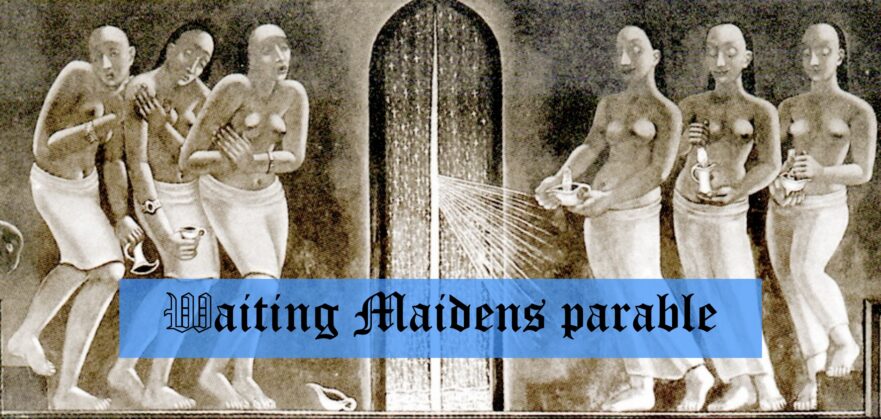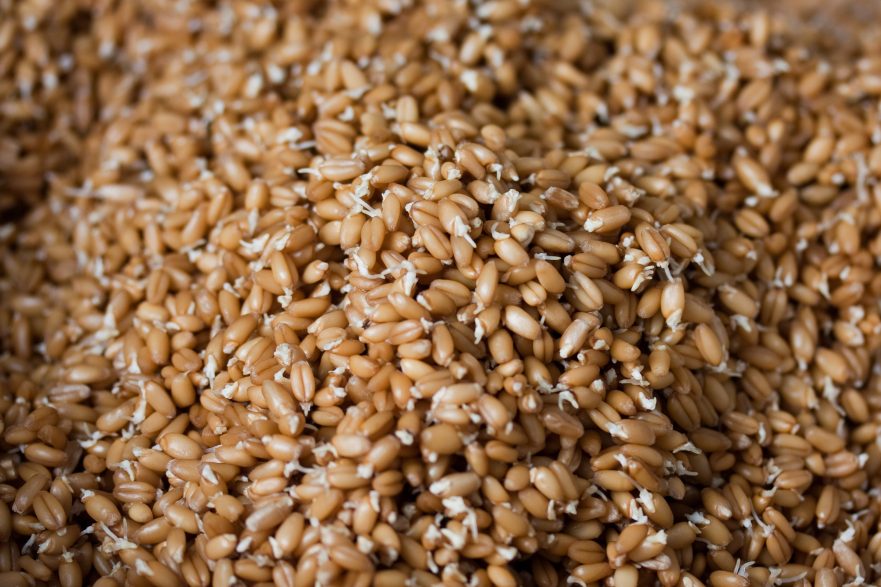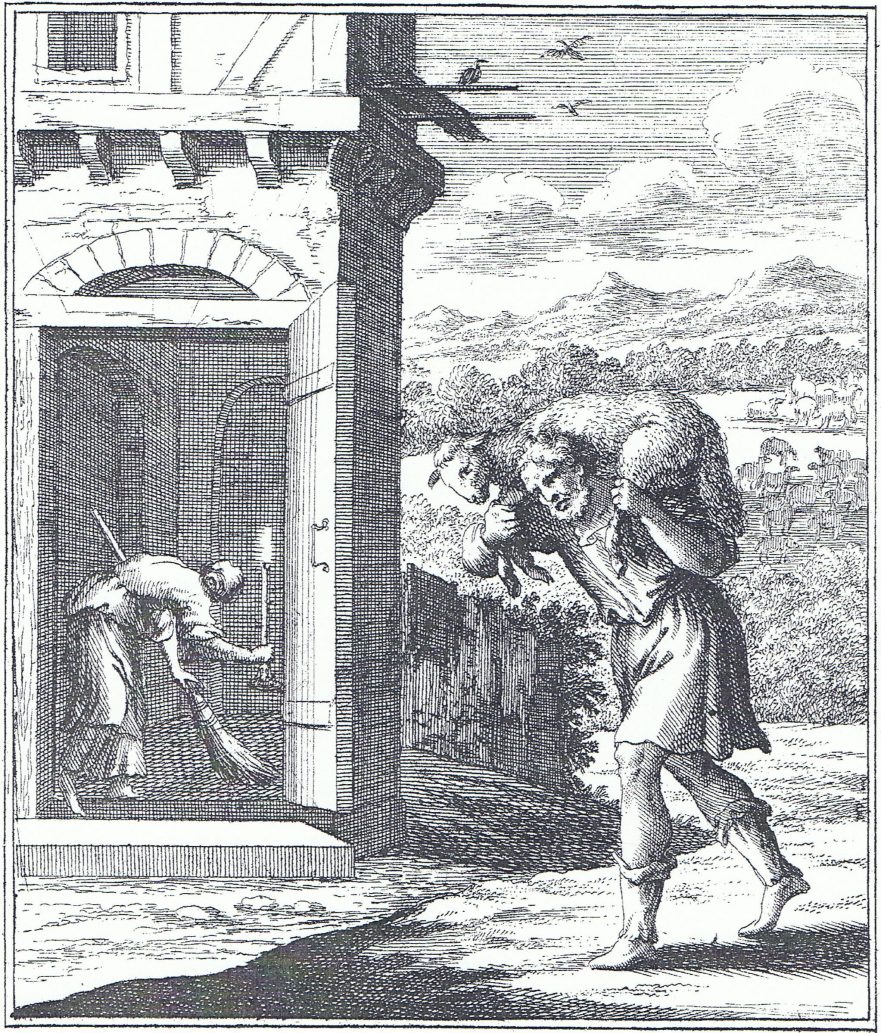In the Waiting Maidens parable Jesus warned his listeners not to behave like the foolish maidens who forgot to bring oil for their torches.
The Seven Types of Pharisees and the Fear of God in the Synoptic Gospels
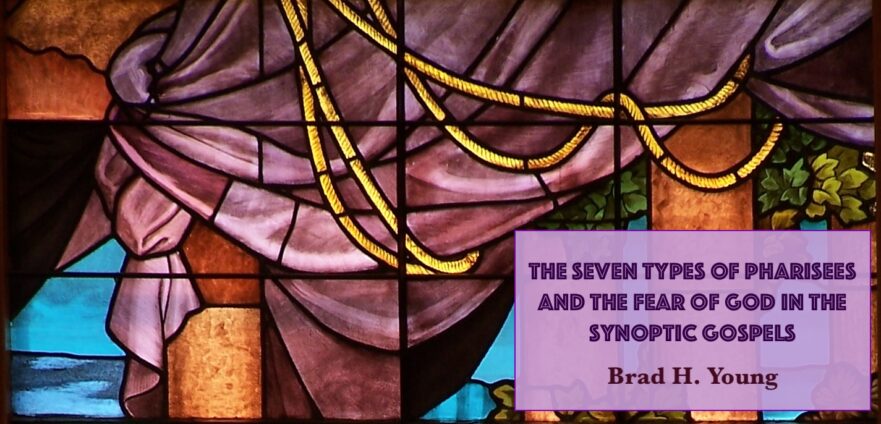
Ancient Jewish sources attest to a debate over which motivation for keeping the commandments—fear or love—was most highly to be esteemed. This debate surfaces, among other places, in the Talmudic discussions of the seven types of Pharisees. These seven types and the debate over love versus fear illuminate important aspects of Jesus’ teaching.
Jesus’ Words, Evangelist’s Contribution and Implicit Biblical Reference: The Case of Matthew 21:43-44
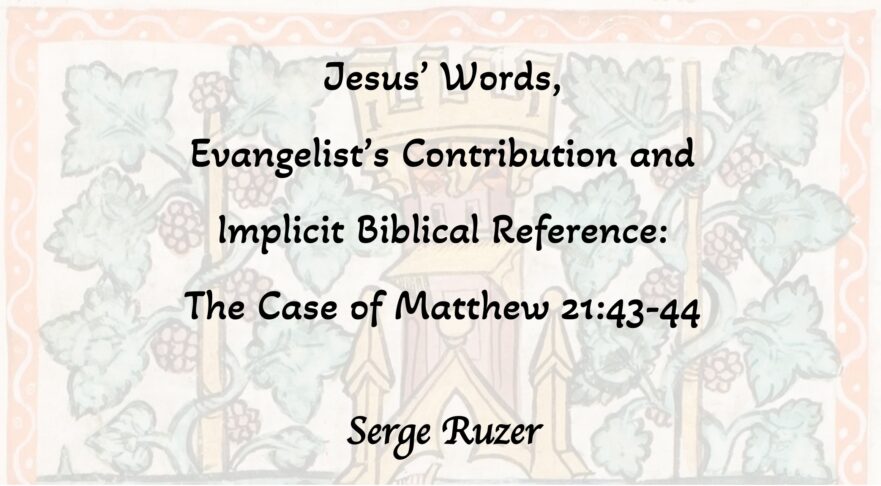
Evidence from Qumran combined with a likely scriptural allusion suggest a non-ethnic interpretation of Matthew’s editorial additions to the parable of the Vineyard and the Tenants.
Closed Door
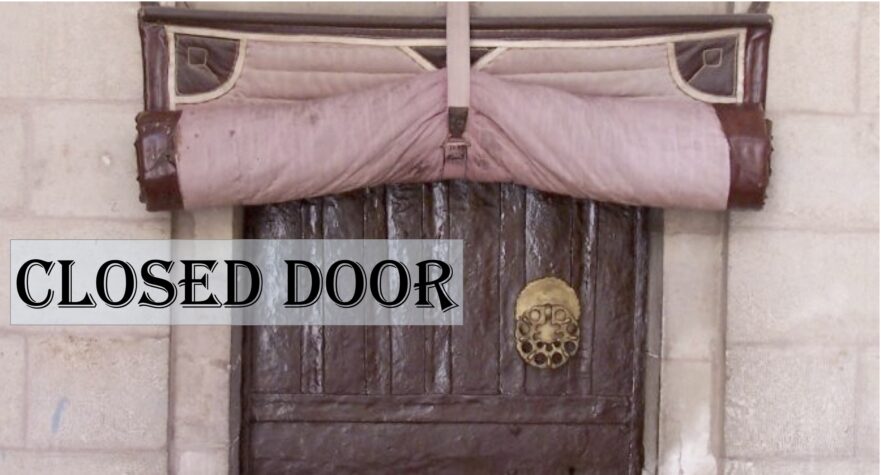
In Closed Door Jesus brought home the message of the Great Banquet parable to his audience.
Houses on Rock and Sand Parable
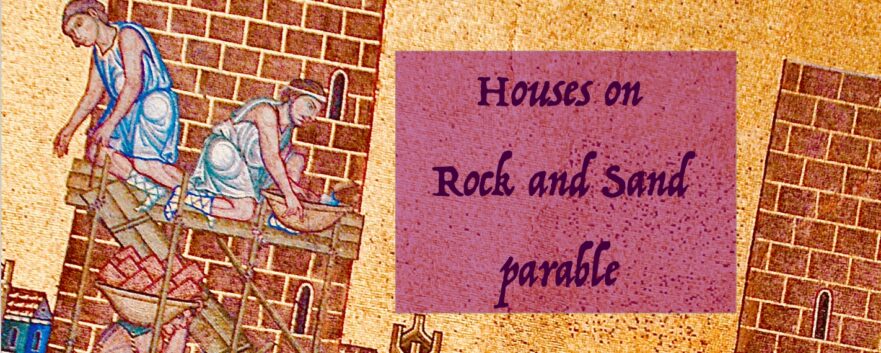
The choice is between doing what Jesus says or letting everything fall into ruin.
Aesop’s Fables and the Parables of the Sages
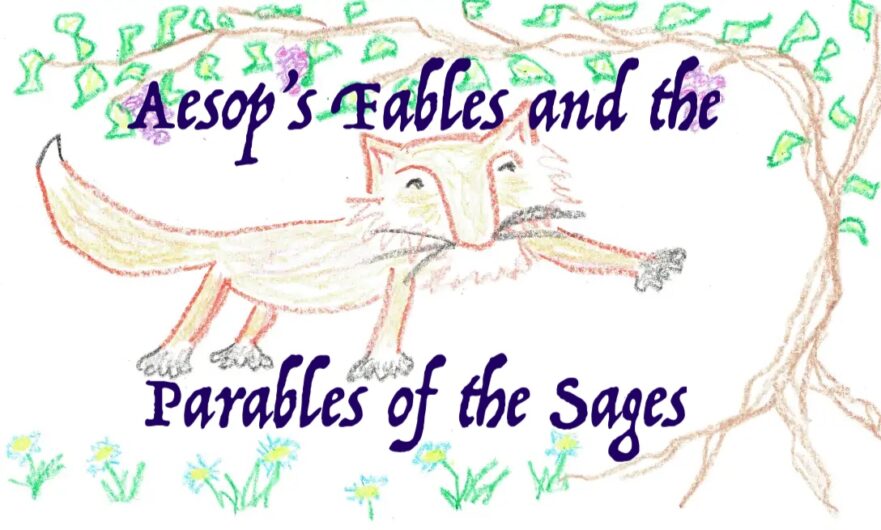
The meshalim (proverbs and parables) of the sages shed light on the development of Aesop’s fables and on variant versions of the fables within the complex Aesopic tradition.
Fig Tree Parable
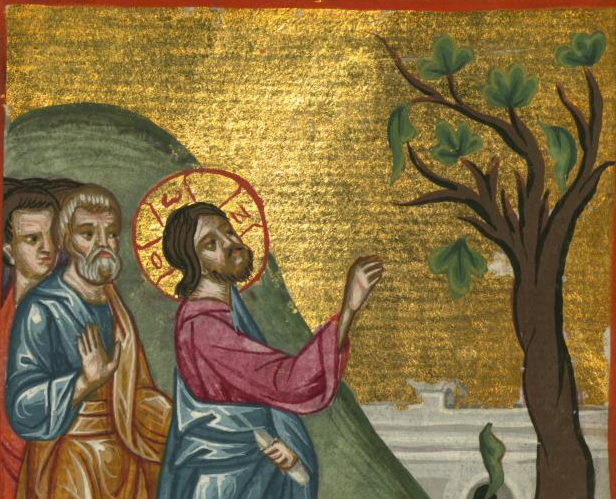
The Fig Tree parable offers assurance that despite the destruction of Jerusalem and the Temple, Israel will eventually be redeemed.
Darnel Among the Wheat Parable

Is the Darnel Among the Wheat parable an allegory about eschatological events, or a lesson about God’s character?
Four Soils Interpretation
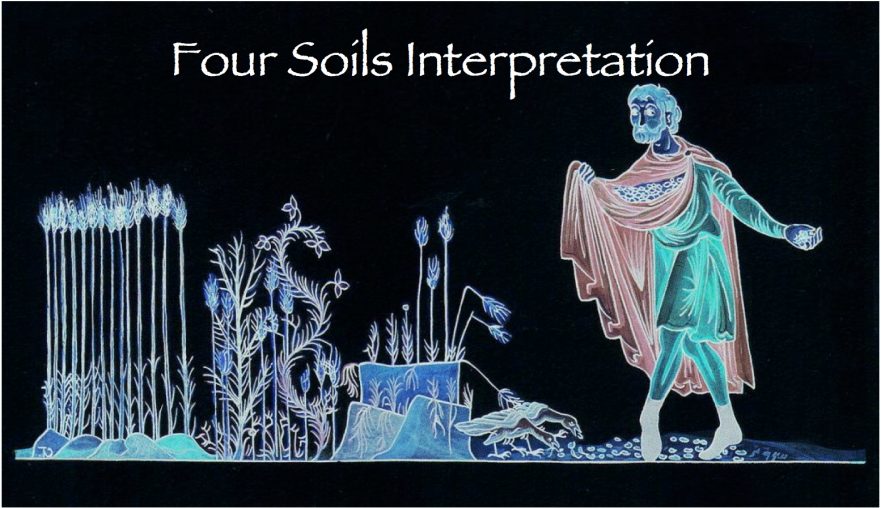
In the Four Soils interpretation Jesus explained the meaning of the imagery in the Four Soils parable.
Four Soils Parable
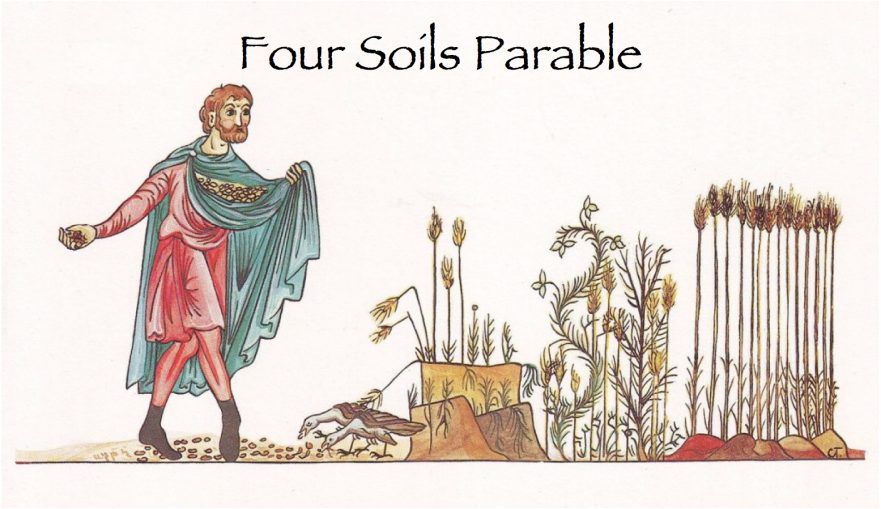
By not revealing what the Four Soils parable was about until its dramatic conclusion Jesus drew in his audience and held their attention, making them the very thing the parable urged them to be: good listeners.
“Four Types of Hearers” complex

Read the Four Soils parable in what may have been its original literary context.
Mustard Seed and Starter Dough Parables
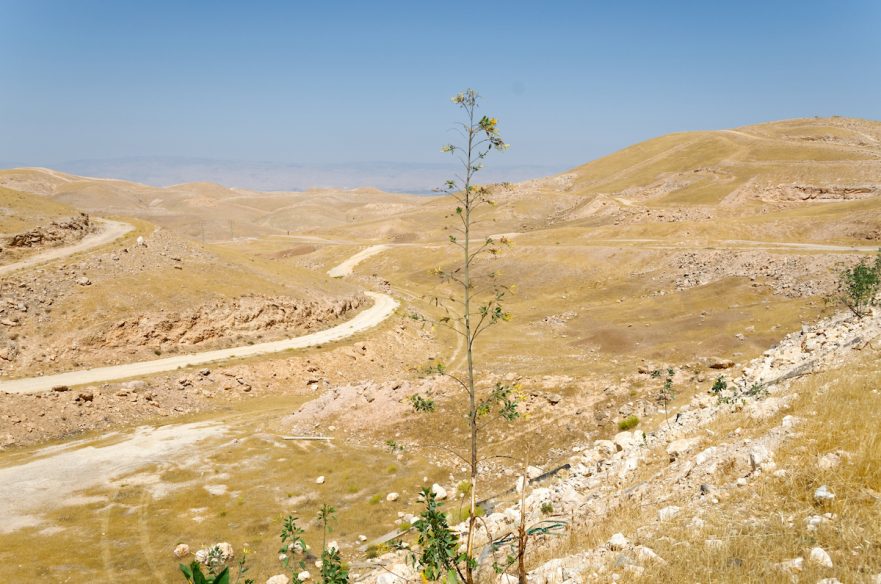
Jesus used the Mustard Seed and Starter Dough parables to demonstrate that the Kingdom of Heaven is a living and active presence that is increasing within the realm of human experience.
Fathers Give Good Gifts Simile
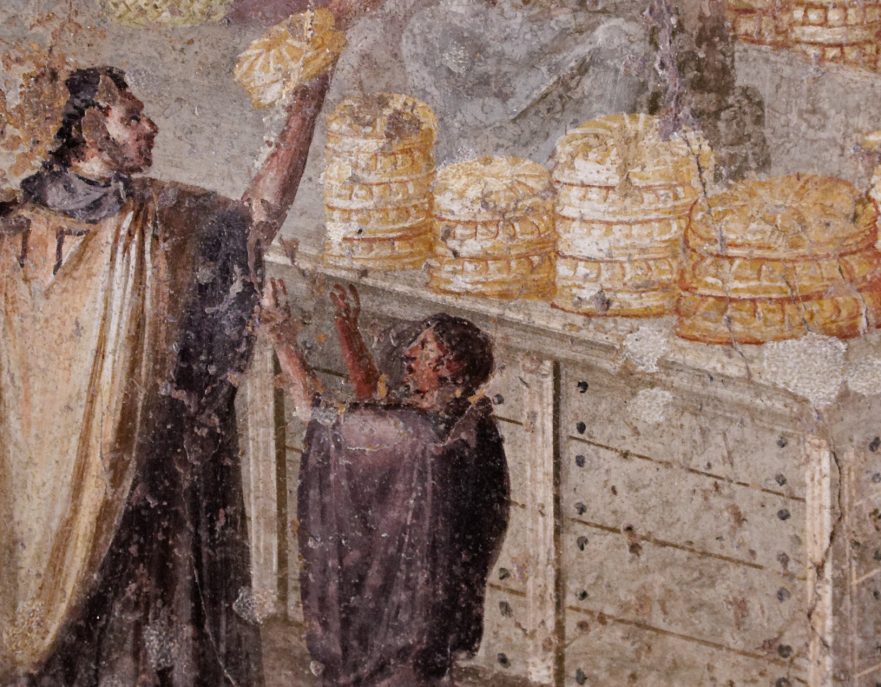
Would you give a hungry child a poisonous arachnid to eat? Probably not, because even sinful human beings are not totally depraved. Would God give you something dangerous and destructive when you ask him for help? Certainly not, because he is the source and foundation of all goodness. In the Fathers Give Good Gifts simile, Jesus concludes his reassuring arguments that God can be trusted to provide for his full-time disciples when they pray the Lord’s Prayer.
Friend In Need Simile
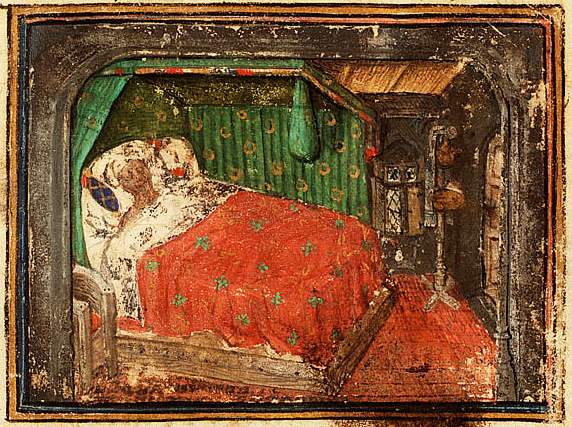
Is God asleep, oblivious to our prayers? Is he a grouch, unwilling to respond to our pleas? In the Friend in Need simile Jesus instructed his disciples that the grounds for confident prayer is the character of their good and trustworthy God.
Persistent Widow Parable
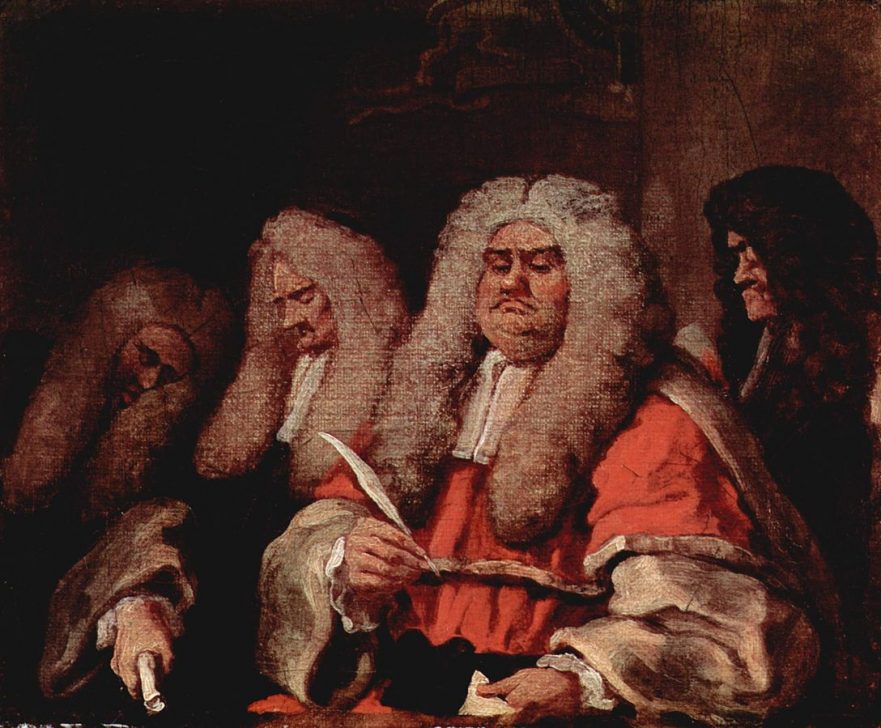
In what way is God similar to a crooked judge? Do believers have to pester God into action? Explore questions such as these in the LOY commentary on the Persistent Widow Parable.
Lost Sheep and Lost Coin Similes
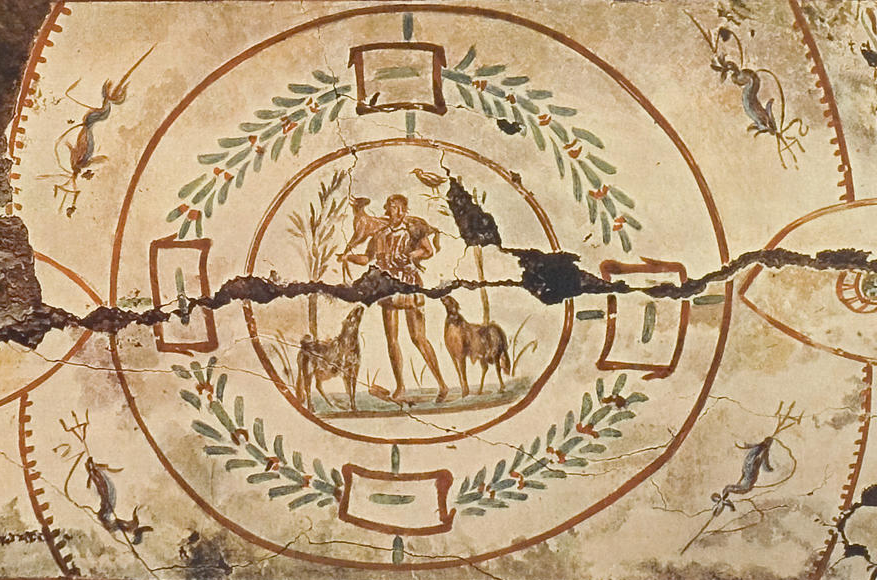
With the Lost Sheep and Lost Coin similes Jesus explained to his critics that he ate and drank with “sinners” because God rejoices when a person repents. God wants his friends—including Jesus and Jesus’ critics—to join him in the celebration.

